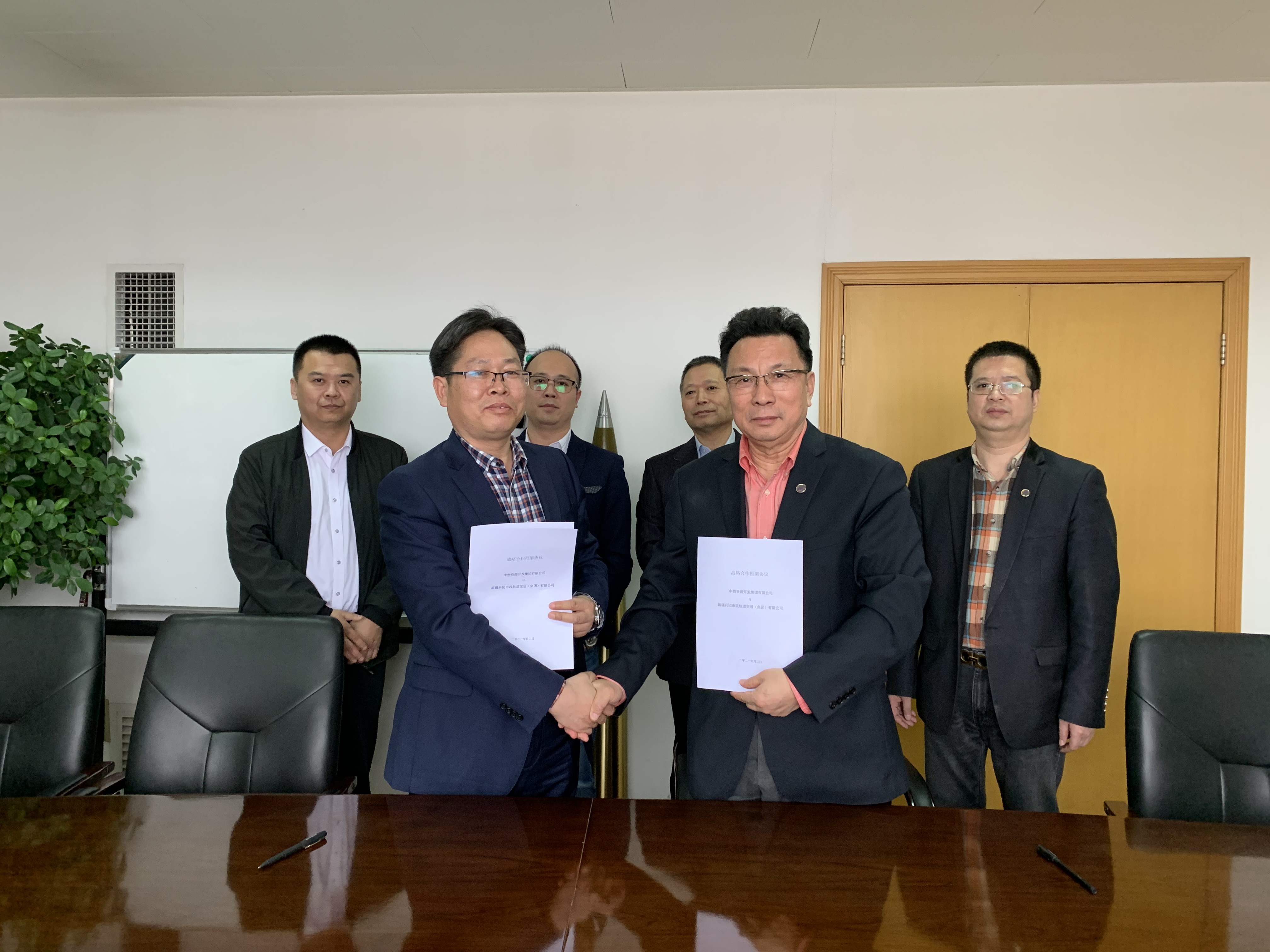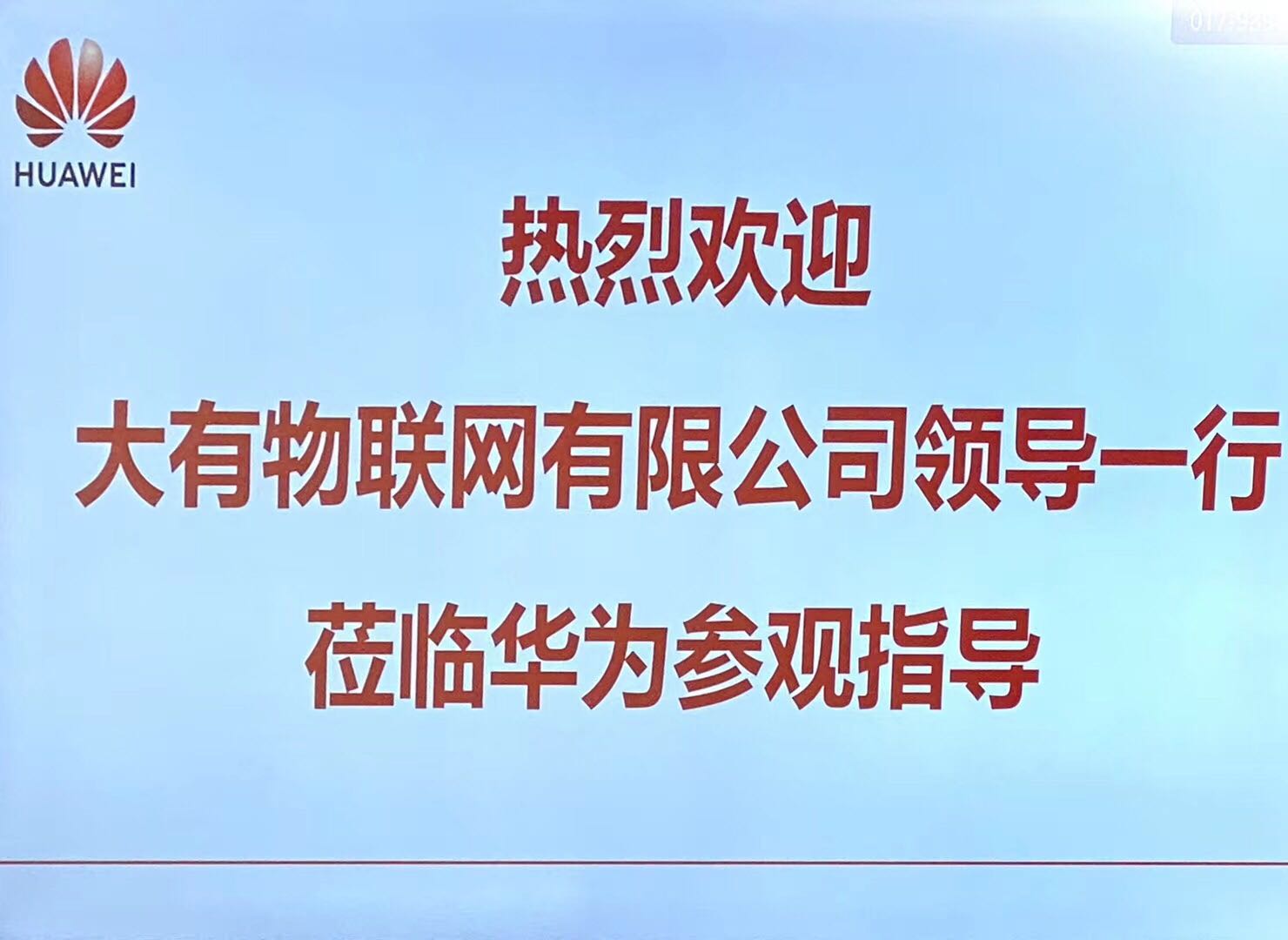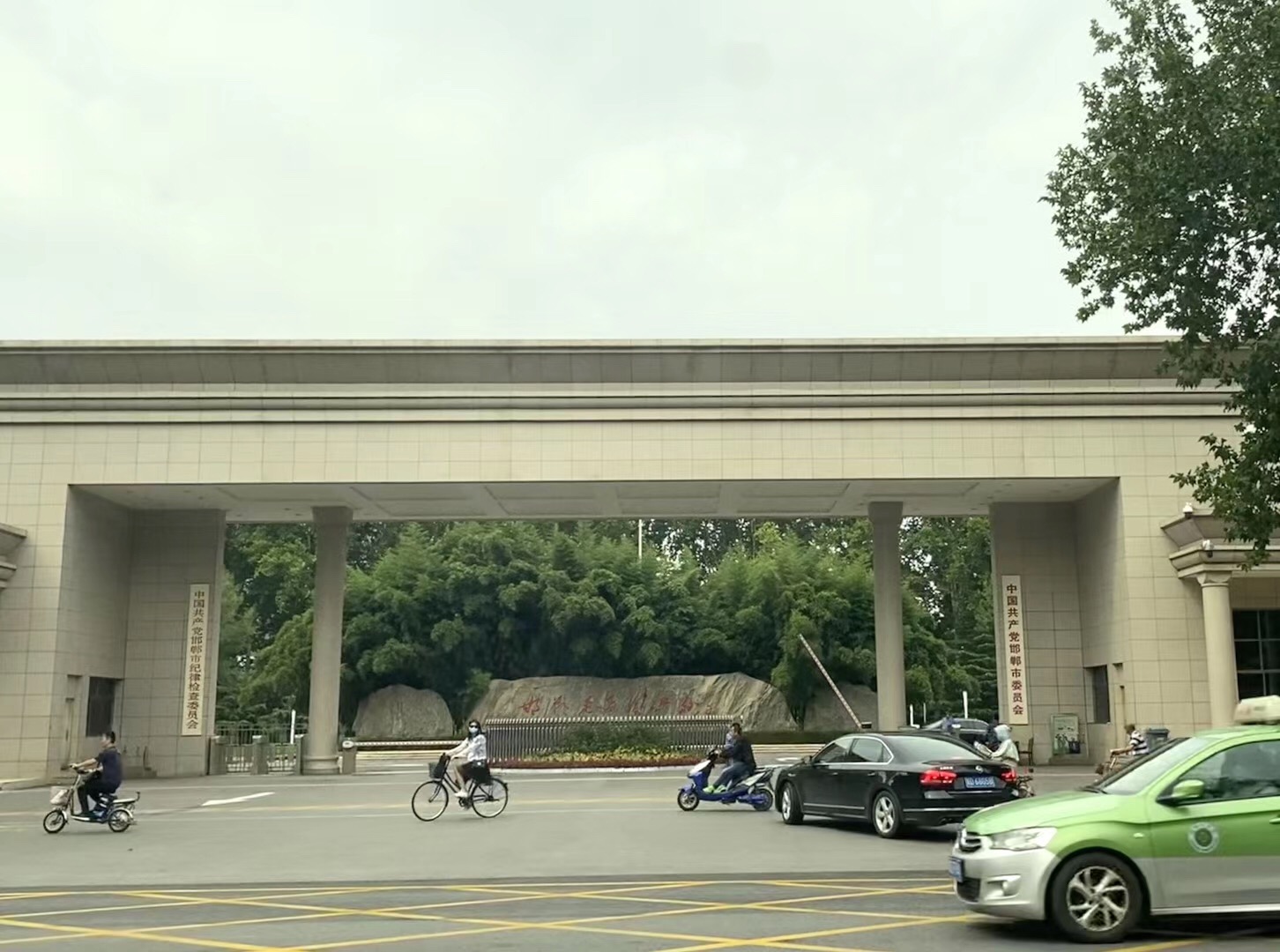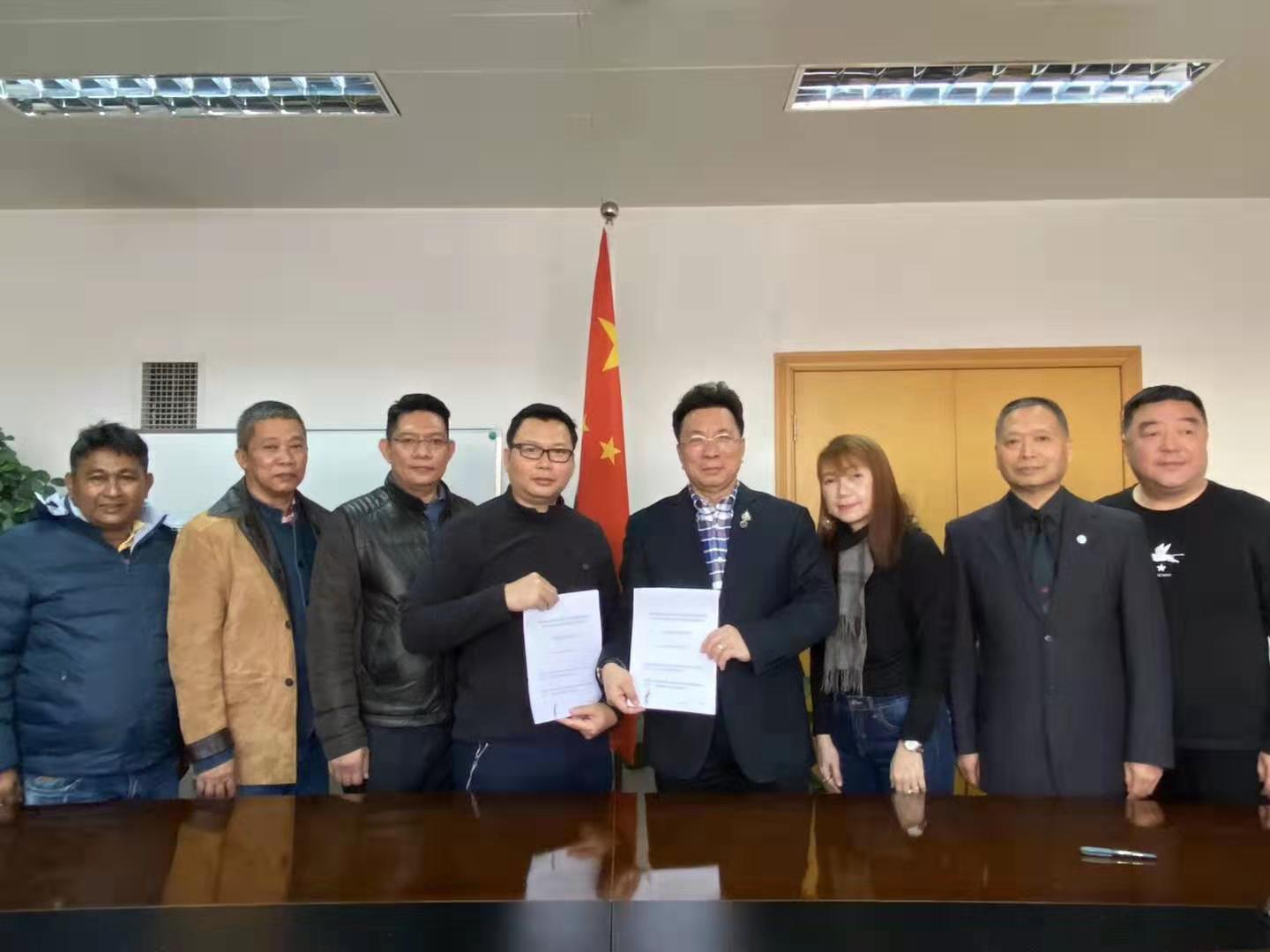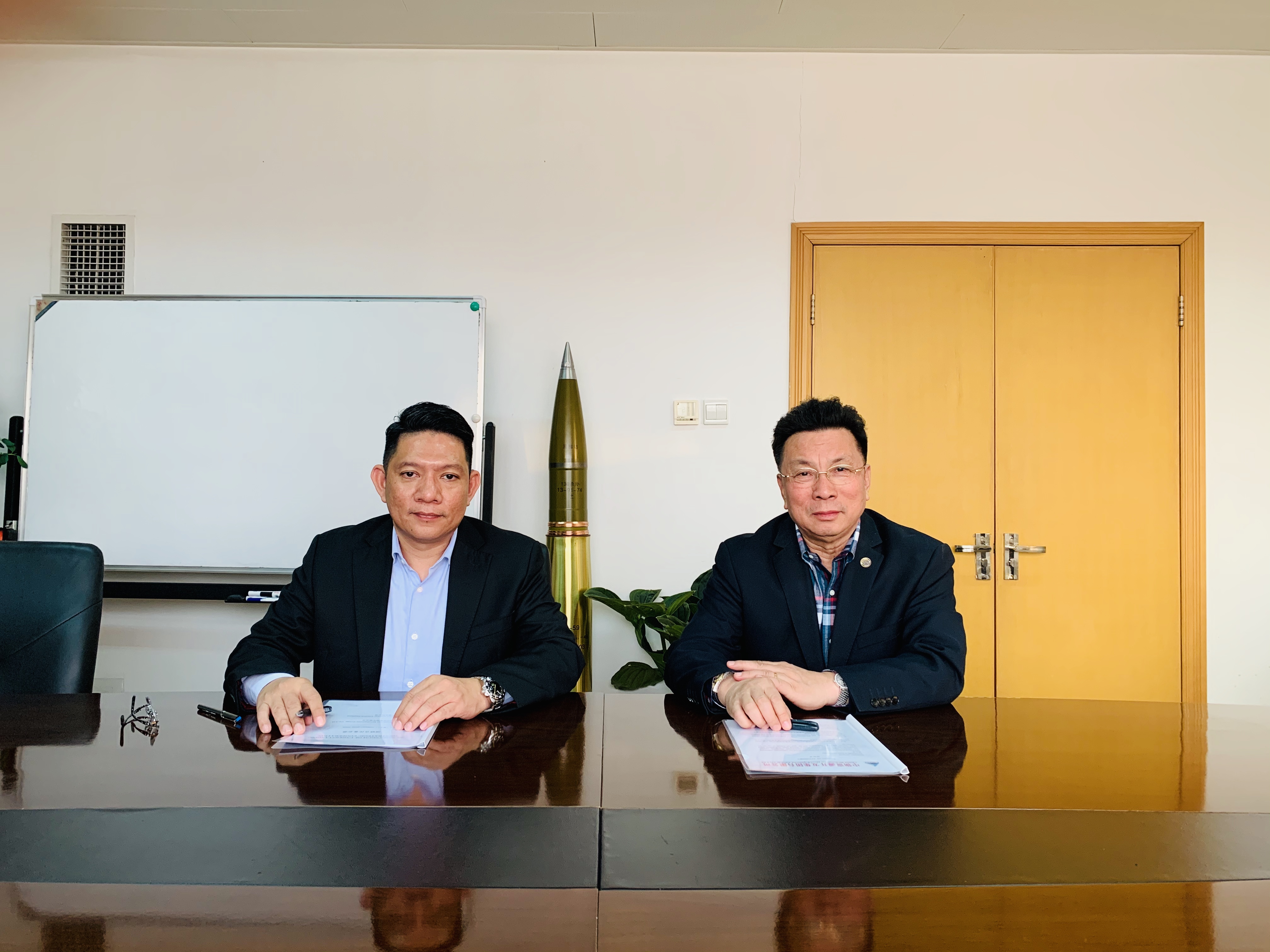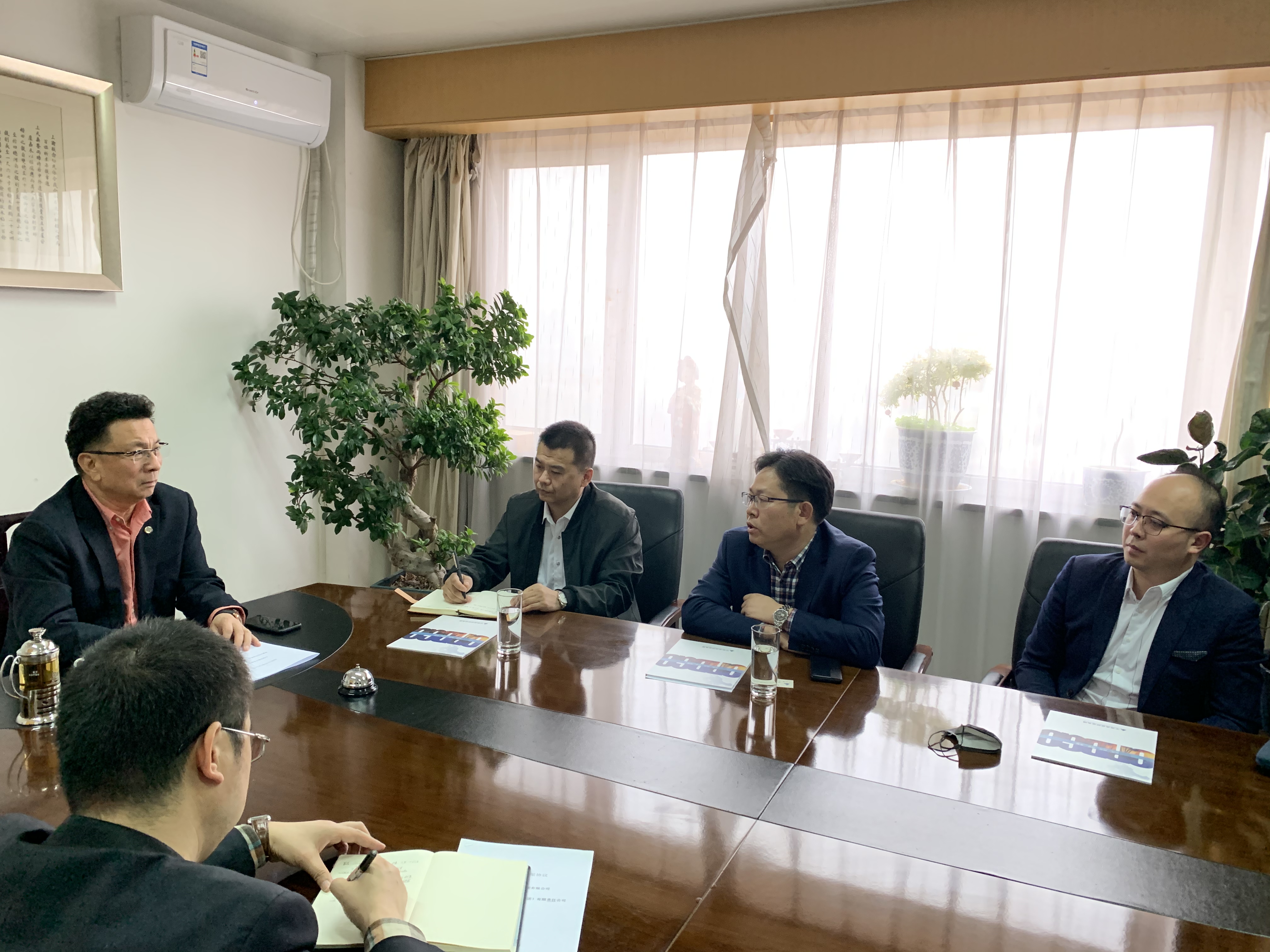
At the beginning of the new year, Zeng Xindi, deputy secretary of the Party Committee and general manager of the Xinjiang Construction Corps Municipal Rail Transit Group, led a delegation to our group. The two parties came to our group on domestic and foreign engineering cooperation, and the Xinjiang Construction Corps’ high-quality agricultural products entered the inland projects through the China National Agricultural Reclamation Group’s Zhongken Optimum Platform. Conducted in-depth and extensive exchanges, reached a consensus, and signed a cooperation framework agreement.
General Manager Zeng Xindi said that Xinjiang has a vast land and abundant resources, with abundant reserves of oil, natural gas, coal, gold, chromium, copper, nickel, rare metals, salt minerals, building materials and non-metals. Among them, oil, natural gas and coal are the most advantageous mineral resources in Xinjiang. Xinjiang is one of the most promising areas for China's terrestrial petroleum. Xinjiang's ferrous and non-ferrous metal minerals occupy a certain position in the country. There are 27 types of proven metal minerals. There are five types of ferrous metal mineral resources: iron, manganese, chromium, vanadium and titanium. Among them, the proven reserves of iron ore rank 5th in the country, manganese ore ranks 8th in the country, and chromium ore ranks 5th in the country. Non-ferrous metal minerals mainly include copper, nickel, lead, zinc, aluminum, etc. The minerals are characterized by wide distribution, multiple ore sites, rich ore, and associated minerals, which are conducive to comprehensive development and utilization. Xinjiang's precious metals and rare metal minerals also rank among the top in the country.
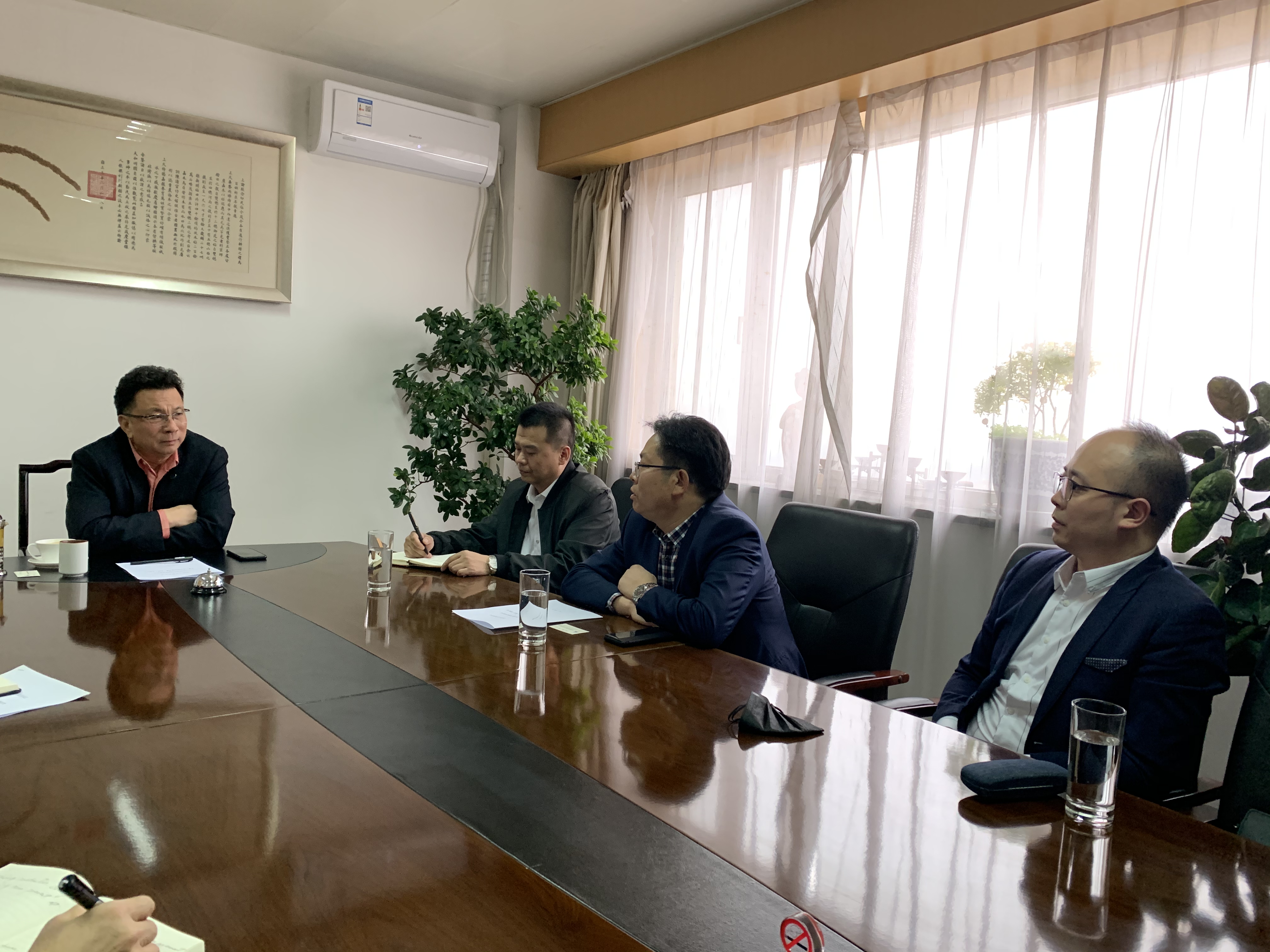
The precious metal minerals with proven reserves include gold, silver, platinum and palladium. Xinjiang is also rich in gold resources, and it is China's main rare metal mines, especially for rare metal mines such as beryllium, lithium, niobium, and tantalum, which are well-known both at home and abroad. Xinjiang's non-metallic minerals are also relatively complete, with 43 types of non-metallic minerals proven. There are 8 kinds of non-metallic minerals as auxiliary raw materials for metallurgy, of which magnesite ranks 4th in the country; 13 kinds of non-metallic minerals as chemical raw materials, including sodium saltpetre, serpentinite, potassium salt, magnesium salt, mirabilite, natural sulfur, poisonite, The reserves of salt are among the top in the country; there are 24 kinds of raw materials for building materials and other non-metallic minerals. Among them, the proven reserves of muscovite, bentonite, vermiculite, and ceramic clay rank first or second in the country.
At the meeting, the doubles reached a consensus, with the aim of creating a win-win, sustainable development strategic partnership through close cooperation between the two parties, giving full play to the advantages and characteristics of all parties, carrying out friendly cooperation in accordance with market principles, broadening cooperation areas, and enhancing cooperation Level and market competitiveness, forming a joint and interactive pattern. Mutual respect, openness and fairness, market leadership, complementary advantages, resource sharing, mutual benefit and win-win, sincere cooperation and common development. Carry out comprehensive cooperation in engineering construction and multiple fields in China and Xinjiang. Jointly establish regular and irregular meetings, exchange and coordination mechanisms, timely exchanges and communication, and ensure the effective implementation of cooperation matters.

